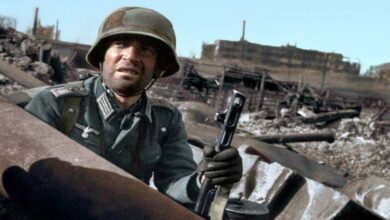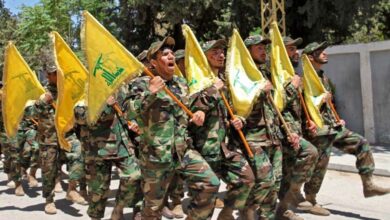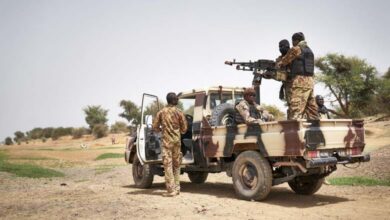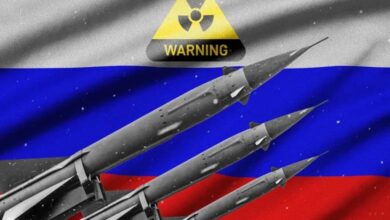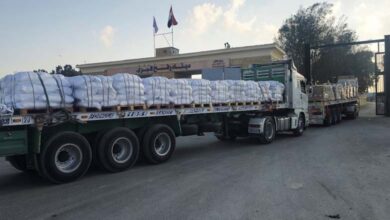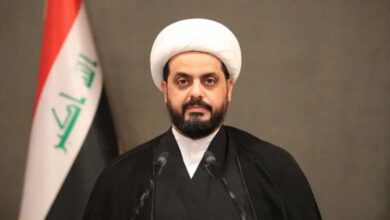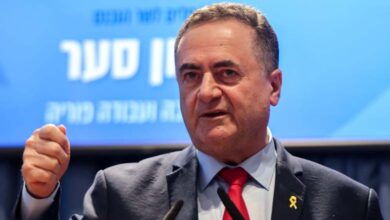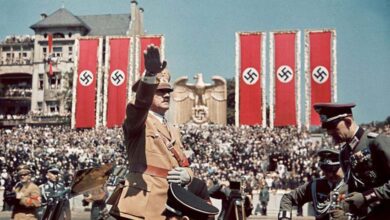A Potential Breakthrough… Iranian-European Agreement to Resume Nuclear Negotiations
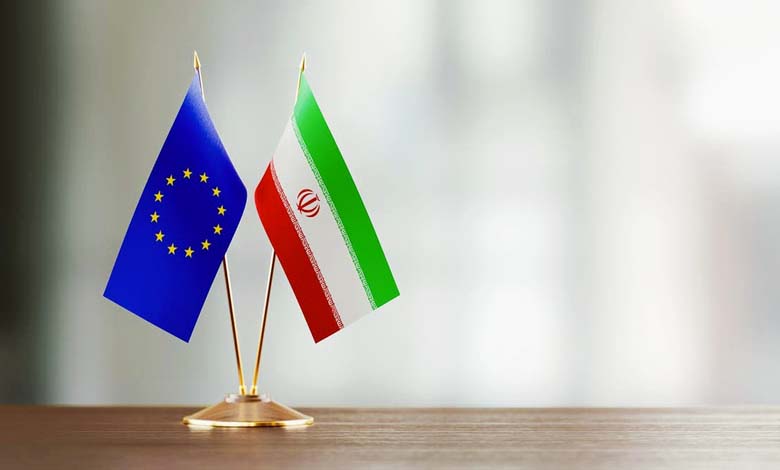
Nuclear negotiations between Iran and the European troika — comprising France, Germany, and the United Kingdom — have resurfaced after months of political deadlock, growing regional tensions, and stalled diplomacy.
According to a well-informed source quoted by the Iranian Tasnim news agency, the parties have reached a preliminary agreement to resume nuclear talks, a development that could revive hope for a diplomatic resolution, which has been on hold since the collapse of the last Vienna round.
-
Persecution, sexual violence, and torture… European sanctions against the Taliban and the imprisonment of the Iranian Qarchak prison
-
Iran imposes sanctions against the European Union and the United Kingdom.. Details
Agreement Reached, but Timing Unclear
The source noted that the agreement covers the principle of restarting the negotiations, though discussions are still ongoing regarding the exact date and venue. Speculations suggest the next round could take place as early as next week, but no official announcement has been made so far.
If confirmed, this upcoming round will take place at the deputy foreign ministers’ level, suggesting a cautious approach by both sides, aimed at testing the waters before moving toward higher-level talks.
-
The European Union calls on Iran to review the sentences handed down against female activist
-
IAEA Announces Departure of Inspectors from Iran
European Movement Amid a Complex Landscape
This diplomatic initiative comes amid continued stagnation of the nuclear file following the United States’ unilateral withdrawal from the 2015 agreement under the Trump administration. Since then, Tehran and Western capitals have traded accusations of lacking seriousness, particularly regarding the lifting of sanctions and the expansion of uranium enrichment activities.
According to Tasnim, Iran has recently reviewed a formal request from the European troika to resume the talks, which appears to have led to this initial consensus.
-
Iran and Israel: Cross-Strikes… Is There Still a Window for Nuclear Negotiations?
-
Iran Nuclear Talks Return to Rome… Fifth Round Overshadowed by Doubt
Key Challenges Still Ahead
Despite this apparent breakthrough, significant hurdles remain. The main sticking points include Iran’s level of uranium enrichment, the scope and frequency of international inspections, and the legal guarantees for sanctions relief.
Moreover, European states are facing both internal and external pressures, especially as Washington and Brussels do not always align on how best to engage with Tehran.
-
Europe Pressures Iran… Sanctions for Hostages
-
Iran Seeks to Regain Influence Through a Regional Nuclear Fuel Alliance
If the upcoming round succeeds in bridging both technical and political gaps, it could pave the way for a gradual return to a restructured or updated nuclear deal, reflecting the current regional context and post-2015 developments.
However, if talks falter at this sensitive stage, it may deepen the stalemate and push the conflict back into the realm of escalation rather than diplomacy.


